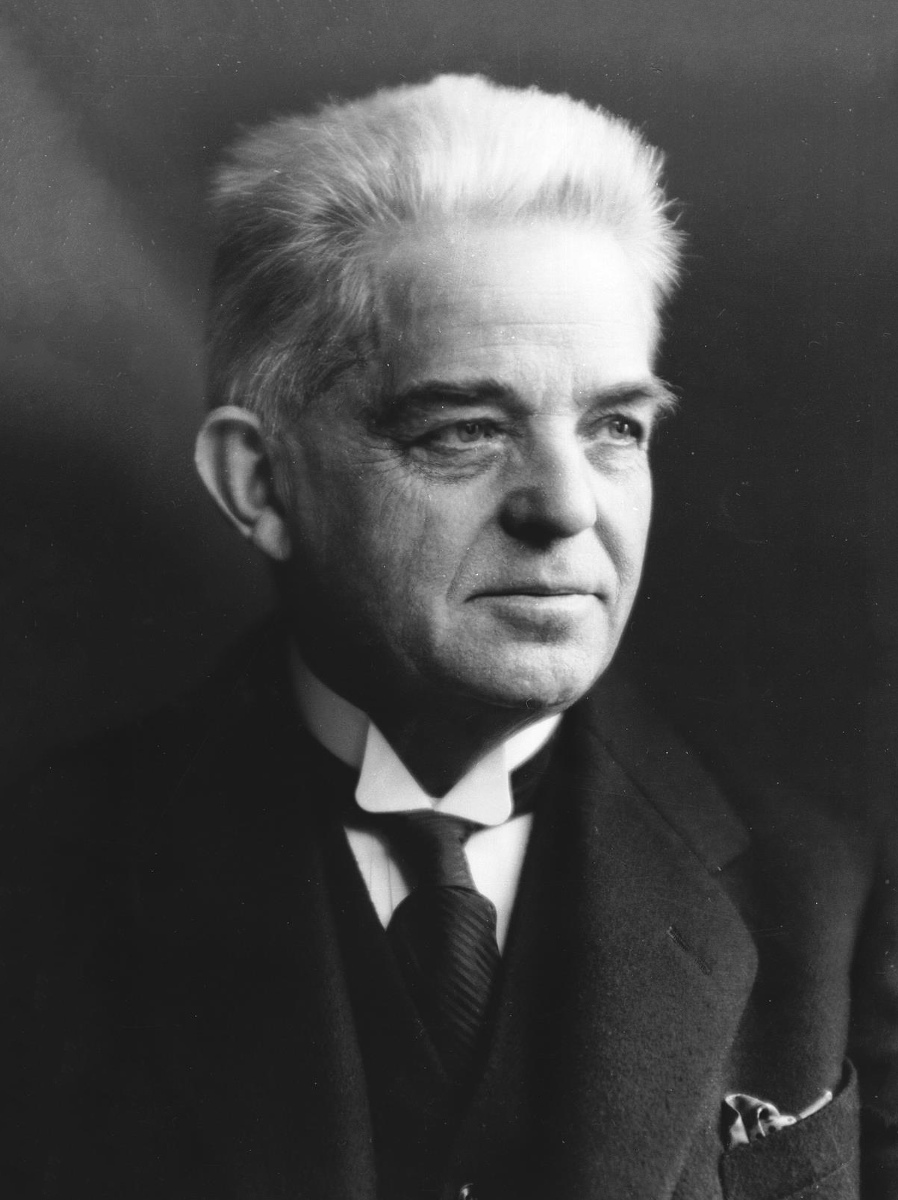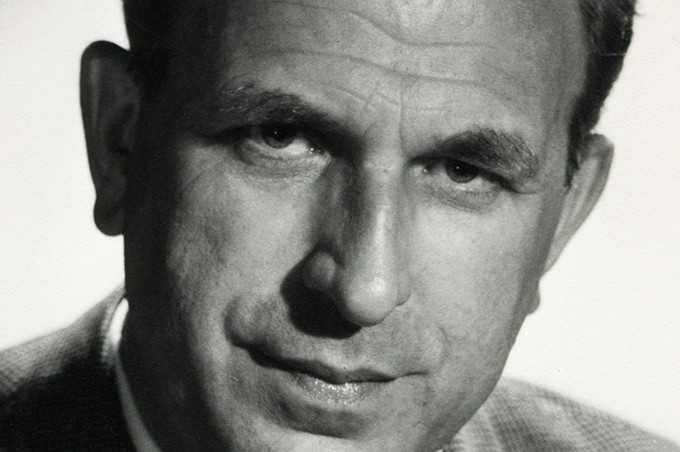15 December 2023
P.R. Jenkins
Spotlight Nielsen: “The Inextinguishable”

Karajan lived from 1908 to 1989. This is a major part of the 20th century. In political terms, one could even think of the 20th century beginning with its initial catastrophe, the First World War in 1914, and ending with the fall of the Berlin Wall in 1989, an event Karajan missed by a few months.
Later, Karajan remembered the death of the archduke Franz Ferdinand (the event that sparked off the war) when he was six years old. He told his biographer Ernst Haeusserman:
“In the summer holidays we went to Fasano, just across from the isle of Brioni. […] We had just arrived when my uncle came. He had been sent by my father. He said that something very serious had happened and we should make our way home. Later that day a convoy of four or five battleships with the dead body of the archduke sailed through the channel of Fasano. When my uncle saw these ships – I couldn’t imagine why – he said: ‘Now there’ll be a war.’ The word ‘war’ meant nothing at all to me, but I had quite a strange feeling all the same. In the way children do, I probably grasped the atmospheric feeling of the word rather than the drama itself. I noticed that the adults were afraid, and that communicated itself to me.”

In 1981, Karajan recorded Nielsen’s symphony Nr 4 “Det uudslukkelige (the Inextinguishable)”. It was the first and only time he recorded a work by Nielsen and he never performed the symphony live. It may be significant that Karajan recorded the Nielsen at the time he returned to two works he had already recorded: Holst’s “Planets” and Shostakovich’s Tenth, music that in many ways shared the world of the Nielsen symphony. Nielsen wrote the symphony in 1914-16. “National feeling,” he wrote at the time, “which up to now has been taken as something high and beautiful, has become a kind of spiritual syphilis, which has eaten up the brain and grins out through the empty eye sockets in crazed hate.”

Apart from that, the title and the “programme” of the symphony which the composer himself described the work as embodying “what music is capable of expressing to the full: the elementary will to live” certainly had a special appeal for the 73-year-old maestro, who was suffering so cruelly from pain and illness. Robert Layton wrote in Gramophone:
— P.R. Jenkins“Karajan’s is an electrifying account and I only wish he would go on to record the Espansiva or the Fifth Symphony. […] The Berliners play with the freshness of new discovery and it is hard not to respond with amazement at the excitement and exhilaration generated in the finale.”
Ernst Haeusserman: “Herbert von Karajan. Eine Biographie.” Verlag Fritz Molden, Wien-München-Zürich-Innsbruck. 1978

